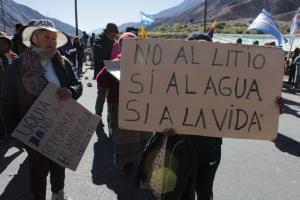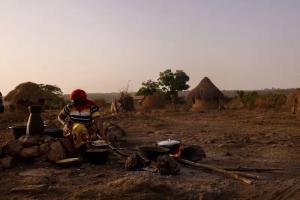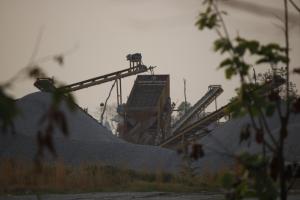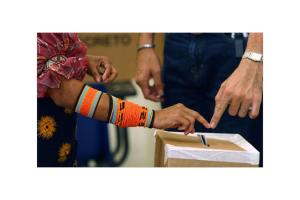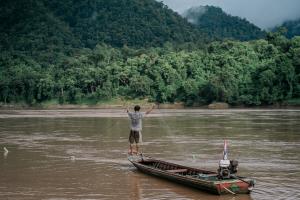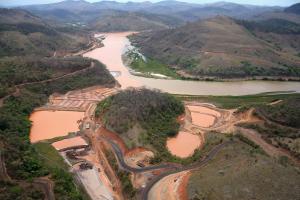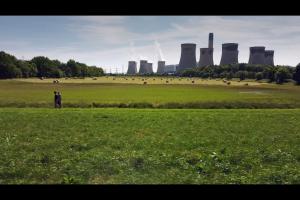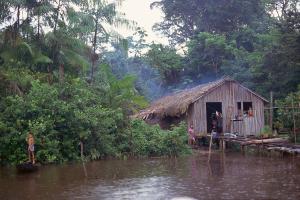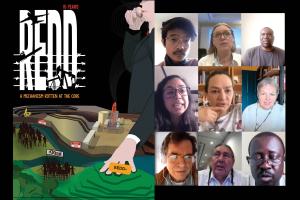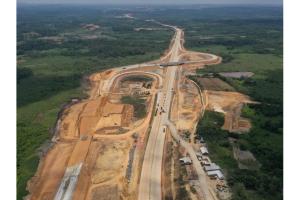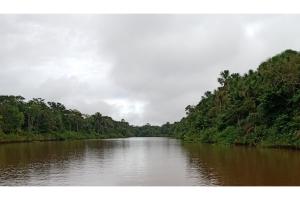In Jujuy, in northwest Argentina, indigenous communities and workers from different sectors are fighting against a provincial constitutional reform that was approved in June 2023. The reform enables lithium extraction in indigenous territories and criminalizes social protest, among other rights violations.
The Green Economy
The Green Economy is a tactic used to “clean up” the image of corporations rather than address corporate capture and capitalism as the true drivers of deforestation. False solutions promoted under the Green Economy include certification, sustainable forest management, ecosystem services, REDD+, the bioeconomy, nature-based climate solutions, and zero net deforestation. Rather than stopping it, these “solutions” support corporate-driven destruction that is causing a deep social and ecological crisis.
Other information
22 July 2023
Other information
22 July 2023
An article from ProPublica exposes how the World Bank Group is backing up biodiversity offset projects via its arm that works with private companies, the International Finance Corporation, which has funded at least 19 with biodiversity offsets.
Bulletin articles
30 March 2023
Forests in Cambodia have seen large-scale deforestation with rubber and cassava plantations, illegal logging and other economic interests. Besides, Protected Areas and carbon projects like REDD+ have severely affected forest communities. Despite the criminalization, communities fight back, underlining the important connection between living with their forests and having autonomy to enough, diverse and nutritious food.
Bulletin articles
30 March 2023
A recent Popular Consultation in Ecuador attempted to include, among other things, ‘environmental services offsets’ as a constitutional right. The majority of voters voted against it. However, this attempt serves as a warning about the interests that wish to strengthen policies of appropriation and the commodification of nature.
Bulletin articles
30 March 2023
Indigenous Peoples and communities in the forests of Thailand are threatened with policies that have added a new type of asset: carbon credits. The legislation passed in the name of conservation and climate mitigation is in fact designed to limit the use of forest communities of their land and forests while encroaching them into smaller areas.
Bulletin articles
30 March 2023
Ending fossil fuel burning is urgent, yet oil and gas companies have been ramping up production and profits in 2022. Polluters greenwash their activities saying they offset their emissions with investments in ‘nature-based solutions’, which mean land grabbing, violence and corporate control over vast areas of land in the global South.
Other information
30 March 2023
An investigation from BBC’s Panorama uncovers how British power company Drax is linked to forests being logged in British Columbia, Canada. Drax switched from burning coal to burning wood pellets, which gave the company millions of taxpayers’ money from “green” subsidies.
Bulletin articles
16 January 2023
What governments agree (or don't agree) on during the UN climate summits is not that relevant in the real world of carbon market expansion. Companies, governments, conservation NGOs, consultancies, brokers, banks and many other interested players are working hard to establish carbon market schemes as ‘the only way forward’.
Bulletin articles
16 January 2023
In 2022, WRM, along with other allies, spoke with several authors from the publication, “15 Years of REDD: A Mechanism Rotten at the Core”. The aim was to reflect on the different layers of harmful impacts that REDD has caused over the last 15 years. Here is a summary of each contribution.
Bulletin articles
16 January 2023
Brazil and Indonesia share a particular similarity: at some point its rulers decided to build a new capital city. While rulers in Brazil built Brasilia some 60 years ago, construction of the new Indonesian capital is currently underway. Both projects reinforce a colonial State, in spite of their promoters claiming the opposite. Both stories however, also show the role of social struggles as a way to revert a history of colonialism. (Available also in Bahasa Indonesia)
Bulletin articles
16 January 2023
In line with certain aspects of a recent WRM study, we show how four REDD projects in the municipality of Portel, in the state of Pará in the Brazilian Amazon, contribute to perpetuating certain fantasies inherent to the idea of carbon trading through the REDD mechanism.
Bulletin articles
16 January 2023
Most of the causes of deforestation that were identified in a UN-led global analysis from 1999 continue to exist. Yet, the “solutions” proposed since then have become new underlying causes of deforestation. In this scenario, projects that destroy the forest and “green” projects depend on each other in order to be viable.
